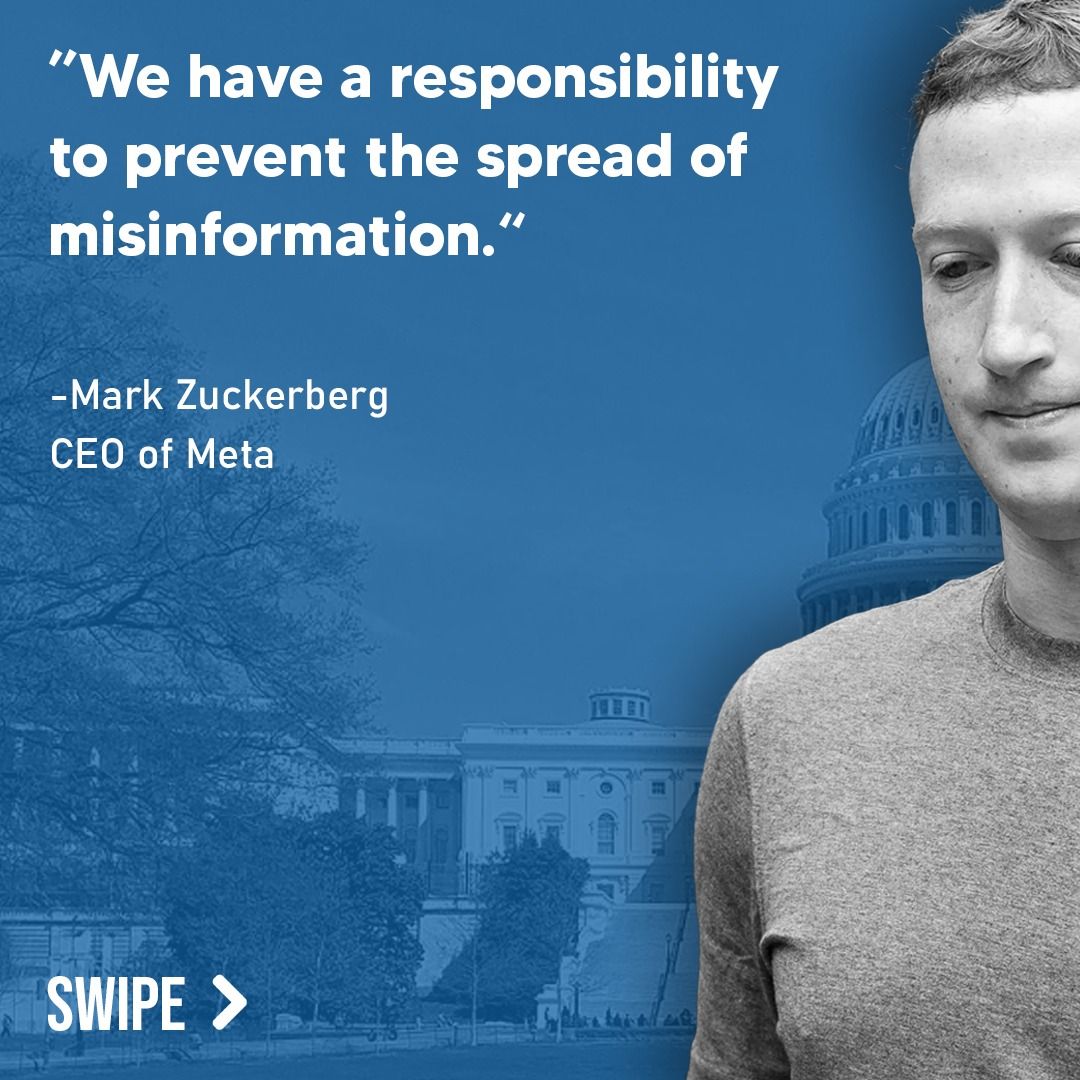Government Leak Crackdown: Security Strategy or Political Suppression?
Concerns about civil liberties and government transparency have ignited public interest in a recent Washington Post article describing the Trump administration’s intensified leak investigations. The article reports that agencies like the FBI, DOJ, DoD, and ODNI are allegedly expanding the use of polygraphs and broad legal definitions to investigate information leaks. A DBUNK user has asked whether this is really about national security or a means to silence dissent and shield embarrassing revelations from public view. Here’s what the evidence shows.
Historical Background: Government Leak Prosecutions in Perspective
Government crackdowns on leaks are not new. The Obama-era Department of Justice prosecuted more whistleblowers under the Espionage Act than all previous administrations combined. During Trump’s first term, Attorney General Jeff Sessions emphasized ending what he called a “culture of leaking.” However, going after leakers isn’t exclusive to classified disclosures. Over time, governments have sometimes expanded definitions of sensitive material, and this has often alarmed civil liberties advocates. What’s new today is how openly some top officials are targeting not only security breaches, but also embarrassing or dissenting voices within government agencies.

Claim 1: The FBI is using polygraph tests to identify leakers, creating a climate of fear
This claim is accurate. According to the Washington Post article, an FBI spokesperson confirmed that polygraph tests were recently implemented under Director Kash Patel to discover sources of leaks. The Bureau has not denied this increase in polygraph use. Polygraphs have long been used in sensitive agencies like CIA and NSA, typically as part of security clearance renewals. However, using them for active internal investigations intensifies scrutiny. Polygraphs are controversial in law enforcement, with the American Psychological Association and National Academy of Sciences warning they are not reliable measures of truth, only indicators of stress. The article notes, and experts confirm, that such tactics often foster fear rather than improve security.
Claim 2: The Justice Department can now subpoena reporters and prosecute leaks of non-classified “privileged” or “sensitive” information
This claim appears mostly accurate but lacks important legal context. According to the article, Attorney General Pam Bondi issued new legal guidelines permitting the expansion of leak prosecutions to include “privileged” or “sensitive” but unclassified materials. Legal experts have raised red flags about these terms’ vagueness. In U.S. law, prosecuting someone for leaking unclassified yet embarrassing information has traditionally faced First Amendment barriers. However, there is precedent, such as prosecutions under the Computer Fraud and Abuse Act or misuse of government systems, that could be used more aggressively under broader internal guidelines. Without the public release of Bondi’s actual memo, DBUNK classifies the interpretation as plausible but reliant on reported documents from unnamed officials.

Claim 3: Gen. Timothy Haugh was fired for being ‘disloyal,’ after lobbying by far-right activist Laura Loomer
This claim is based on public reports but lacks formal confirmation from government authorities. It is true that Gen. Haugh, head of NSA and Cyber Command, was recently dismissed with no official explanation. Laura Loomer publicly advocated for his removal and met with President Trump shortly before the firing, as noted by her own social media posts and corroborating reporting from Politico. However, the accusation that his dismissal was explicitly due to “disloyalty” and influenced directly by Loomer lacks official verification. No federal official has publicly confirmed that was the reason. Thus, while circumstantial evidence supports the article’s implication, DBUNK determines this claim as partially Verified but lacking definitive documentation.
Claim 4: DHS and FEMA have begun polygraphing employees over leaks to the media
This claim is Verified. Public reporting by CNN and NBC News confirms that DHS and FEMA recently began utilizing polygraph testing on some employees amid growing concerns about unauthorized leak investigations. These tests were reportedly initiated to find sources of leaks related to immigration enforcement and internal agency conversations. While this approach remains controversial and of questionable legal value, it has occurred and is independently confirmed.

Final Verdict: Carefully Researched, But Contains Implied Bias
The Washington Post article is largely accurate in its key claims, particularly about the use of polygraphs and vague directives regarding sensitive information. However, elements of the reporting contain editorial framing that emphasizes fear, suppression, and retaliation—without equal weight given to the government’s stated rationale concerning national security. While the article does quote both official statements and critics, it leans heavily on anonymous sources and worst-case interpretations. This raises legitimate concerns about potential bias in tone, though not in factual integrity.
The reality is nuanced: security agencies have expanded initiatives to curb leaks, and these policies raise legitimate civil liberty concerns. However, calling the entire operation a suppression campaign without acknowledging the complexity of internal security management misses context. Still, the user’s question—whether this is about security or silencing critics—is valid. There is substantial evidence that motivations include both preserving control and curbing dissent.
Take the Next Step: Don’t Let Misinformation Win
If you want trusted updates with real-time fact-checks, download the DBUNK app today. Help us build a community that values truth over spin.

Original Article: https://www.washingtonpost.com/national-security/2025/04/28/leak-polygraph-fbi-justice-odni-dhs/

